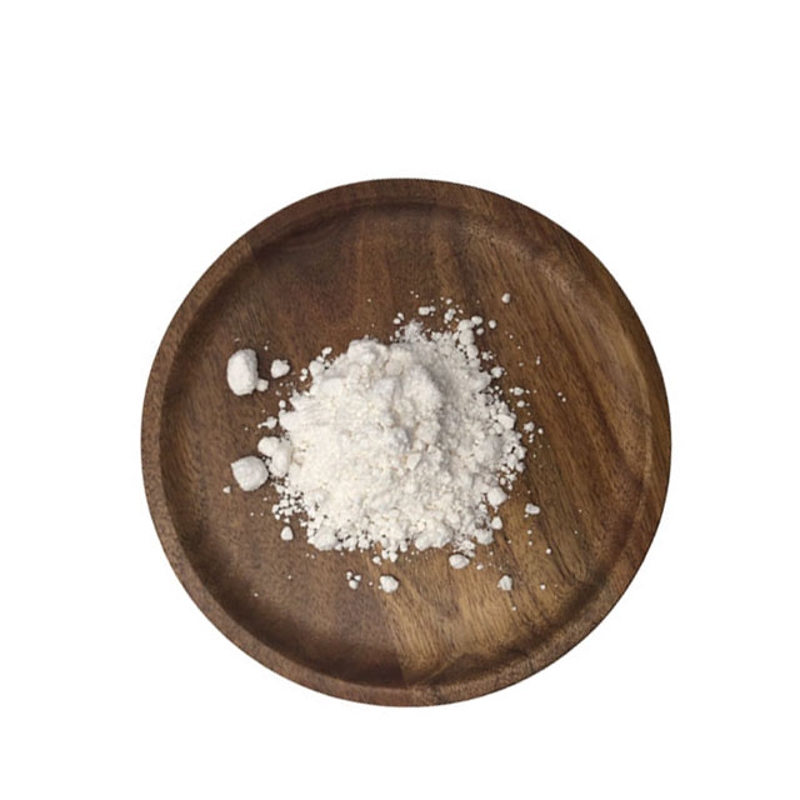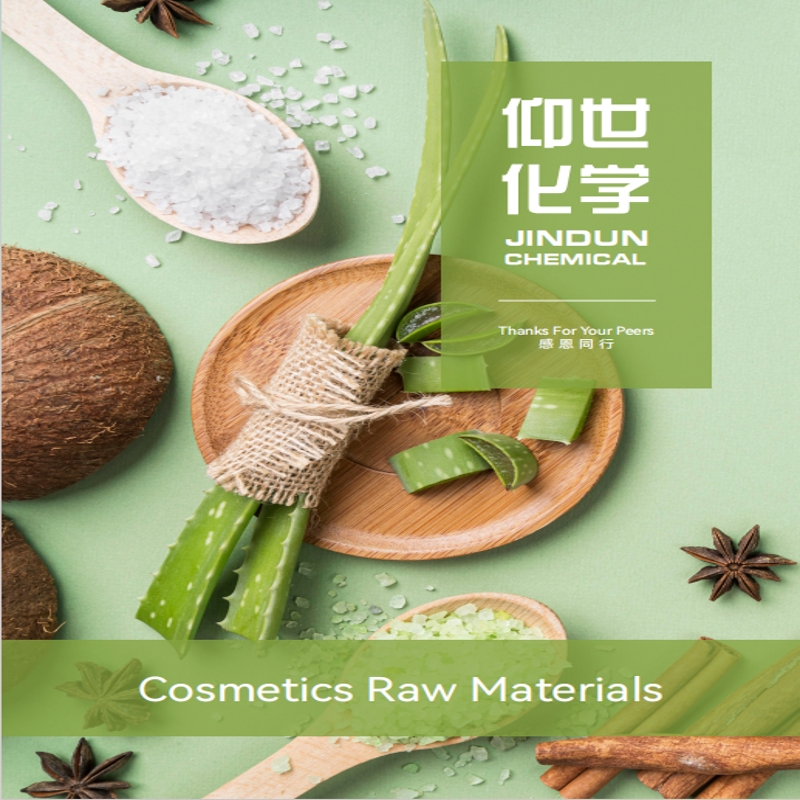-
Categories
-
Pharmaceutical Intermediates
-
Active Pharmaceutical Ingredients
-
Food Additives
- Industrial Coatings
- Agrochemicals
- Dyes and Pigments
- Surfactant
- Flavors and Fragrances
- Chemical Reagents
- Catalyst and Auxiliary
- Natural Products
- Inorganic Chemistry
-
Organic Chemistry
-
Biochemical Engineering
- Analytical Chemistry
- Cosmetic Ingredient
-
Pharmaceutical Intermediates
Promotion
ECHEMI Mall
Wholesale
Weekly Price
Exhibition
News
-
Trade Service
According to foreign media reports, by shoveling a shovel of healthy soil, you may have more organisms than there are people on earth
.
Just like the residents of an underground city that never sleeps, thousands of underground invertebrates, nematodes, bacteria and fungi constantly filter our water, circulate nutrients and help regulate the temperature of the earth
.
However, according to the latest analysis published in "Frontiers in Environmental Science", under the densely covered farmland with rows of corn, soybeans, wheat and other single crops, toxic mixtures of pesticides, herbicides and fungicides are growing.
Cause serious damage to them
.
Data Map This study is the most comprehensive assessment of how pesticides affect soil health so far.
It should immediately trigger the U.
S.
Environmental Protection Agency (EPA) and other regulatory agencies to assess the risk of nearly 850 pesticide ingredients approved for use in the United States.
Substantial changes have taken place
.
Currently, regulatory agencies have completely ignored the harmful effects of pesticides on earthworms, springtails, beetles and thousands of other underground species
.
And new research shows that there is no doubt that this must be changed
.
It is reported that the new research is jointly carried out by researchers from the Center for Biological Diversity, Friends of the Earth and the University of Maryland
.
During the analysis, the researchers looked at nearly 400 published studies-these studies carried out more than 2,800 experiments on how pesticides affect soil organisms
.
The new paper reviews 275 unique soil organisms and 284 different pesticides or pesticide mixtures
.
In these experiments, more than 70% of the experiments found that pesticides can harm organisms that are vital to maintaining soil health, and the EPA's safety review has never considered these hazards
.
Escalating pesticide-intensive agriculture and pollution are the main driving factors for the dramatic decline of many soil organisms such as ground beetles and ground-nesting bees
.
They are considered to be the most important driver of soil biodiversity loss in the past decade
.
However, pesticide companies and pesticide regulators have adopted an ignorant attitude
.
EPA has publicly admitted that 50% to 100% of agricultural pesticides will eventually enter the soil
.
However, in order to assess the harm of pesticides to soil species, the agency still uses a single test species-a species whose entire life is spent in artificial boxes on the ground-European honeybees to assess the risks to all soil organisms
.
This means that the approval of pesticides is carried out without considering how these pesticides will harm soil microorganisms
.
On the other hand, as the principles of regenerative agriculture and soil health have become popular around the world, pesticide companies have also followed the fashion and carried out green cleaning of their products
.
Now, every large pesticide company has Web materials to promote its role in promoting soil health and often advocates reducing farming and planting cover crops
.
As a general principle, these two practices are indeed conducive to soil health, and if a responsible approach is taken, they will be major steps that can be taken
.
However, pesticide companies know that these practices are often accompanied by an increase in the use of pesticides
.
When the land is not cultivated, pesticides are usually used to kill weeds, and cover crops are usually killed by pesticides before planting
.
This "one step back" approach hinders meaningful progress in soil conservation
.
The long-term environmental cost of this failure clearly should no longer be ignored
.
Soils are one of the most complex and biodiversity-rich ecosystems on the earth, and they represent nearly a quarter of the earth’s diversity
.
Protecting them should be a priority, not an afterthought
.
New research shows that to achieve this goal, we must face the task of reducing the world’s growing and unsustainable dependence on pesticide-intensive agriculture
.
In addition, the EPA also needs to take active measures to protect the health of the soil in order to solve the harmful effects of pesticides on our long-neglected underground species
.
.
Just like the residents of an underground city that never sleeps, thousands of underground invertebrates, nematodes, bacteria and fungi constantly filter our water, circulate nutrients and help regulate the temperature of the earth
.
However, according to the latest analysis published in "Frontiers in Environmental Science", under the densely covered farmland with rows of corn, soybeans, wheat and other single crops, toxic mixtures of pesticides, herbicides and fungicides are growing.
Cause serious damage to them
.
Data Map This study is the most comprehensive assessment of how pesticides affect soil health so far.
It should immediately trigger the U.
S.
Environmental Protection Agency (EPA) and other regulatory agencies to assess the risk of nearly 850 pesticide ingredients approved for use in the United States.
Substantial changes have taken place
.
Currently, regulatory agencies have completely ignored the harmful effects of pesticides on earthworms, springtails, beetles and thousands of other underground species
.
And new research shows that there is no doubt that this must be changed
.
It is reported that the new research is jointly carried out by researchers from the Center for Biological Diversity, Friends of the Earth and the University of Maryland
.
During the analysis, the researchers looked at nearly 400 published studies-these studies carried out more than 2,800 experiments on how pesticides affect soil organisms
.
The new paper reviews 275 unique soil organisms and 284 different pesticides or pesticide mixtures
.
In these experiments, more than 70% of the experiments found that pesticides can harm organisms that are vital to maintaining soil health, and the EPA's safety review has never considered these hazards
.
Escalating pesticide-intensive agriculture and pollution are the main driving factors for the dramatic decline of many soil organisms such as ground beetles and ground-nesting bees
.
They are considered to be the most important driver of soil biodiversity loss in the past decade
.
However, pesticide companies and pesticide regulators have adopted an ignorant attitude
.
EPA has publicly admitted that 50% to 100% of agricultural pesticides will eventually enter the soil
.
However, in order to assess the harm of pesticides to soil species, the agency still uses a single test species-a species whose entire life is spent in artificial boxes on the ground-European honeybees to assess the risks to all soil organisms
.
This means that the approval of pesticides is carried out without considering how these pesticides will harm soil microorganisms
.
On the other hand, as the principles of regenerative agriculture and soil health have become popular around the world, pesticide companies have also followed the fashion and carried out green cleaning of their products
.
Now, every large pesticide company has Web materials to promote its role in promoting soil health and often advocates reducing farming and planting cover crops
.
As a general principle, these two practices are indeed conducive to soil health, and if a responsible approach is taken, they will be major steps that can be taken
.
However, pesticide companies know that these practices are often accompanied by an increase in the use of pesticides
.
When the land is not cultivated, pesticides are usually used to kill weeds, and cover crops are usually killed by pesticides before planting
.
This "one step back" approach hinders meaningful progress in soil conservation
.
The long-term environmental cost of this failure clearly should no longer be ignored
.
Soils are one of the most complex and biodiversity-rich ecosystems on the earth, and they represent nearly a quarter of the earth’s diversity
.
Protecting them should be a priority, not an afterthought
.
New research shows that to achieve this goal, we must face the task of reducing the world’s growing and unsustainable dependence on pesticide-intensive agriculture
.
In addition, the EPA also needs to take active measures to protect the health of the soil in order to solve the harmful effects of pesticides on our long-neglected underground species
.







